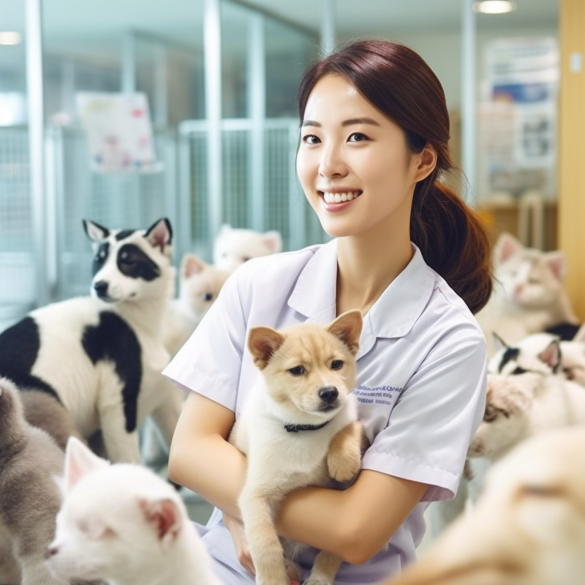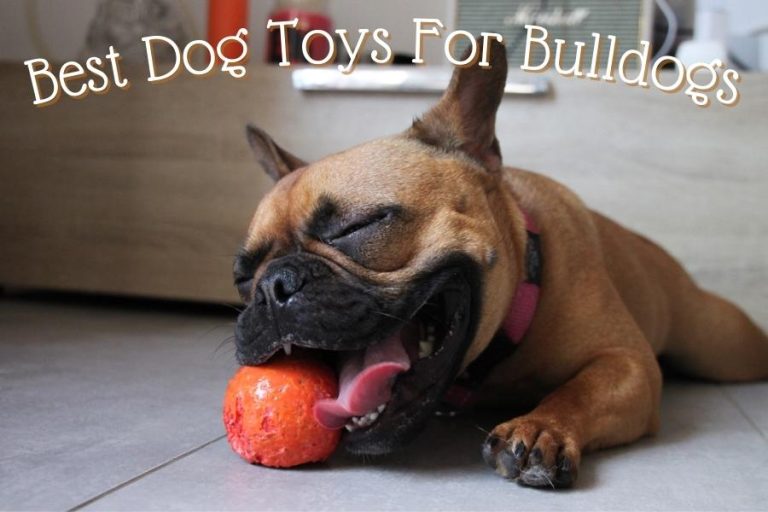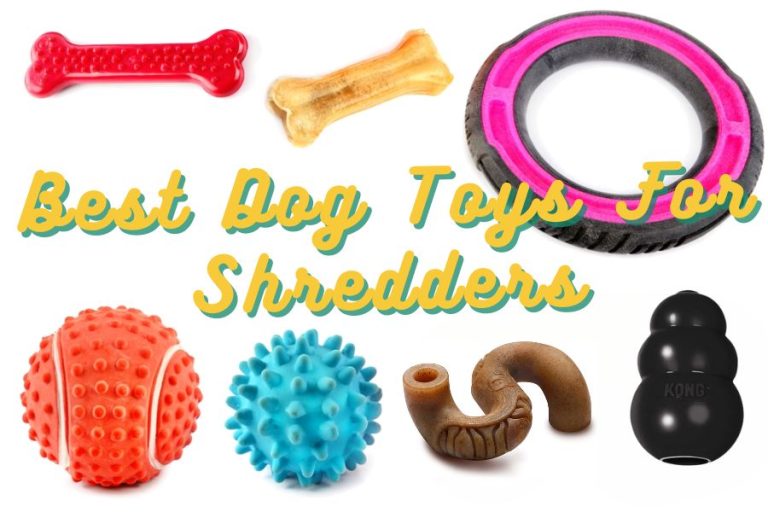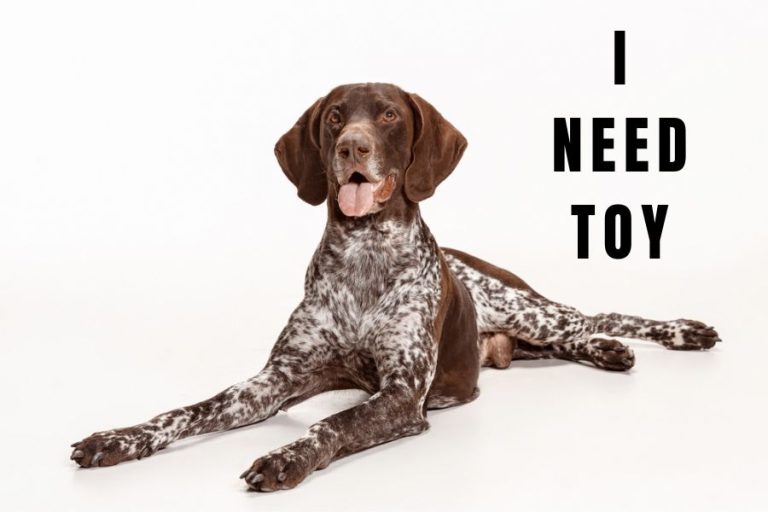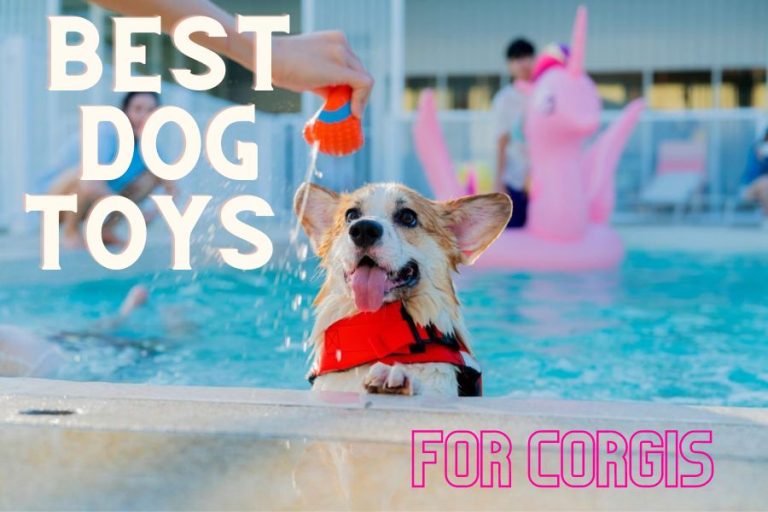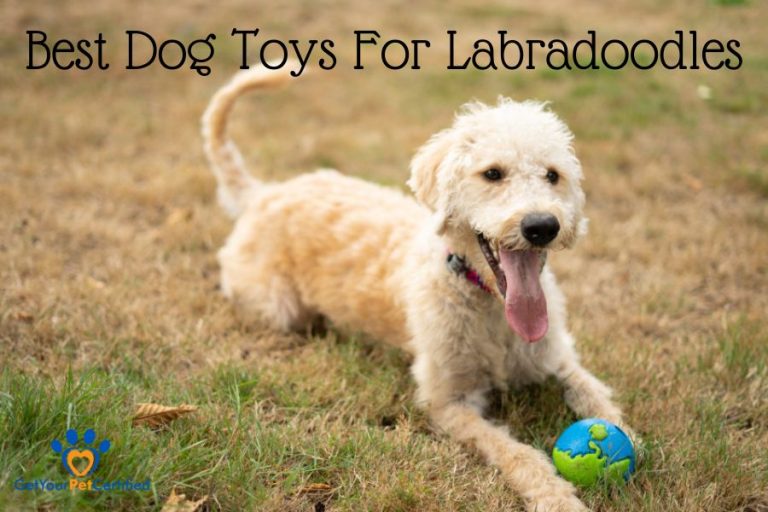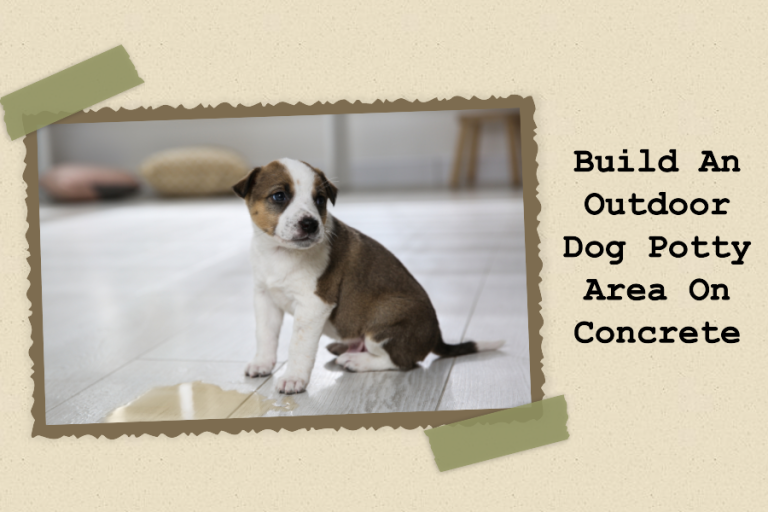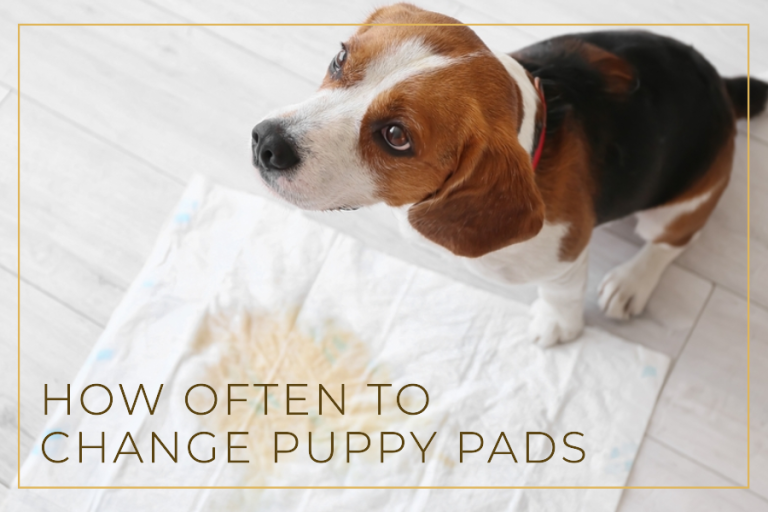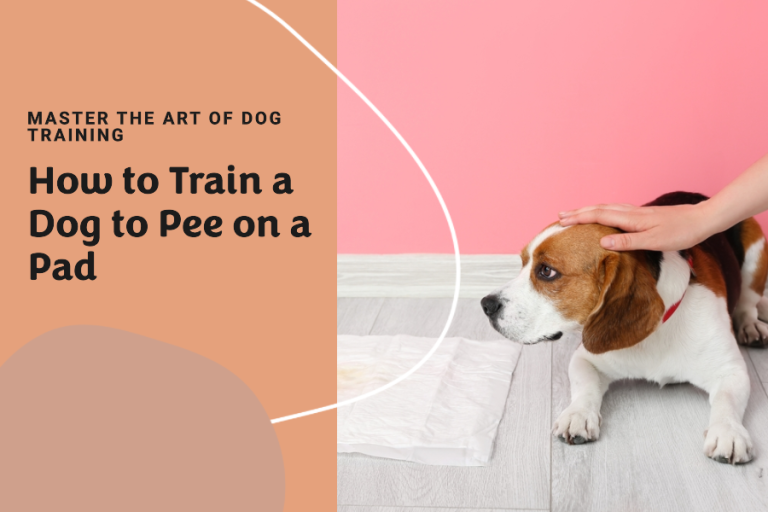Are King Charles Cavaliers Nervous Dogs? or Just Misunderstood?
The King Charles Cavalier, as is commonly believed, is a beautiful breed full of charisma and a gentle personality. Their popularity also makes potential dog owners wonder about their personalities, specifically regarding nervousness and anxiety.
The goal of this piece is to gain insight into the presumption that King Charles Cavaliers are a nervous breed. Also, we’ll look into why some pups exhibit nervous behavior.
Are King Charles Cavaliers Nervous Dogs?
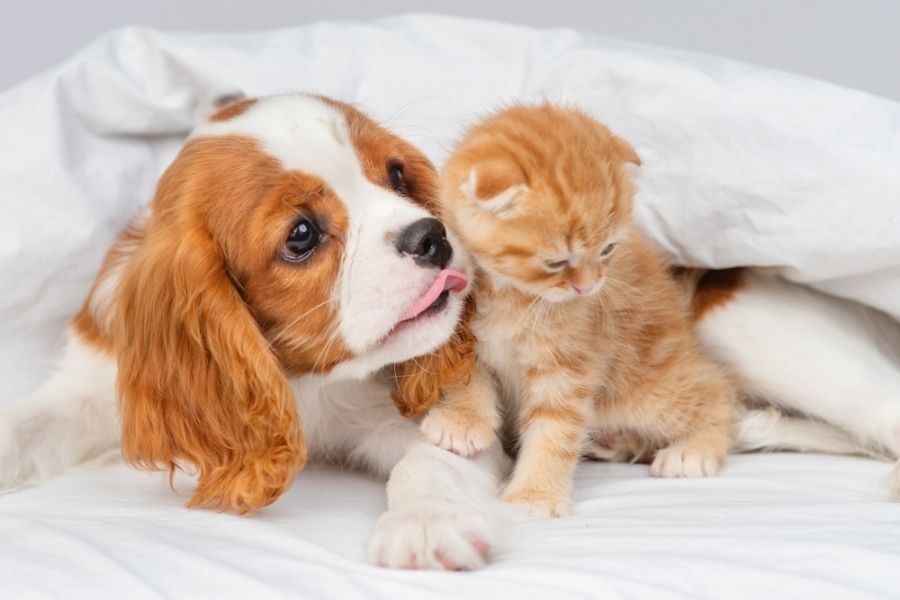
The Cavalier King Charles Spaniel is generally not considered a nervous breed. They are typically known for their outgoing, friendly, and sociable nature.
They are not likely to get nervous like these easy-to-stress dogs like Chihuahuas, Dachshunds, German Shepherds, Border Collies, Bichon Frises, Cocker Spaniels, and Shorthair Pointers.
Cavaliers are well-known for their adaptable nature and ability to get along with both humans and other animals.
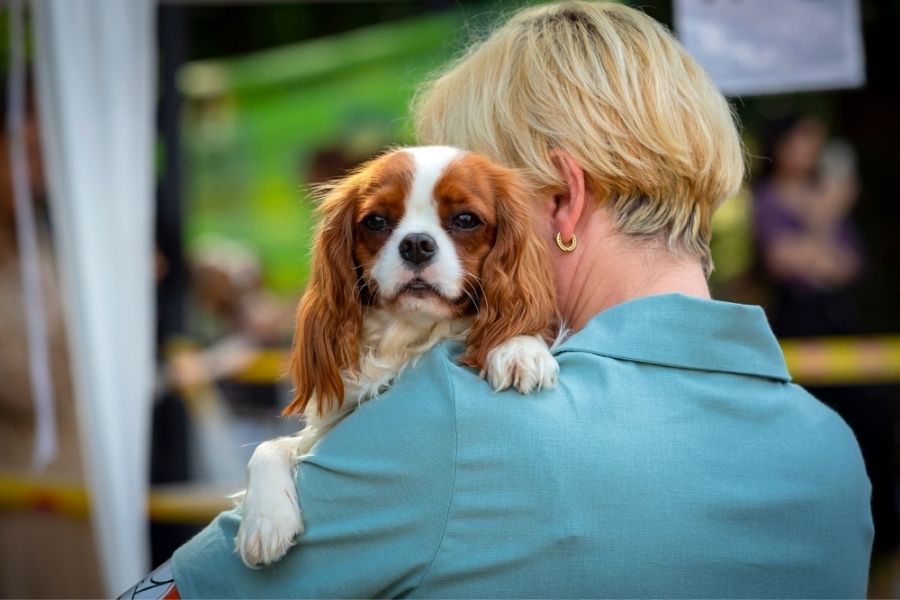
Because of environmental variables, a lack of socialization, traumatic experiences, or even unique personality features, Cavaliers, like dogs of other breeds, can suffer from anxiety and nervousness.
It’s also worth noting that Cavaliers are prone to separation anxiety because of their strong attachment to their human family. They need human company and become unhappy when alone for too long.
What can make a King Charles Cavalier nervous?
Cavalier King Charles Spaniels are typically known for their happy and laid-back personalities. Their environment, though, can have as much of an impact on them as it can on any breed.
The first step in creating a relaxing and stress-free environment for your Cavalier is to recognize the environmental cues that may give rise to anxiety in them.
A crucial aspect of a dog’s environment is its social structure. Without exposure to different people, pets, and environments during their early stages of life, Cavaliers may grow up with a fear of strangers and new places.
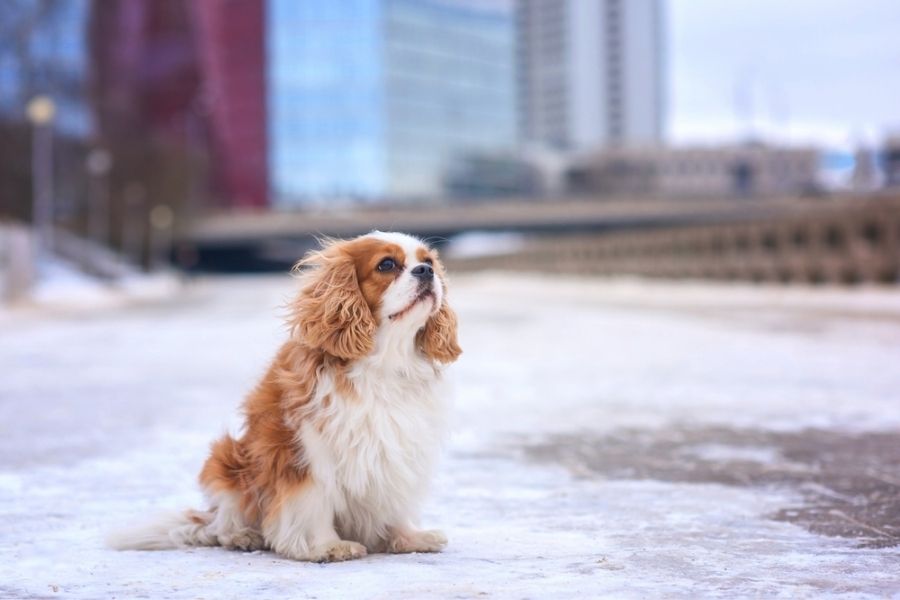
Separation Anxiety
Cavaliers are particularly known for their attachment to their owners. If left alone for extended periods, they may develop separation anxiety. In such situations, signs of separation anxiety include damage to property, ongoing barking, and restless pacing. Regular human interaction and companionship are vital parts of their environment.
Changes in Environment
Cavaliers are noted for their adaptability, yet abrupt changes in their environment can shock and make them worried, especially if such changes are followed by increased noise, chaos, or disturbance. They prefer serene and peaceful surroundings where they feel most comfortable.
A new home, a new family member, a pet, routine shifts, or even just rearranging the furniture could all potentially count as significant changes.
Lack of Exercise
A Cavalier’s energetic and intelligent nature needs some outlets. Lack of exercise or mental stimulation can lead to restlessness and anxiety. Providing toys, puzzle games, regular walks, and playtime can help keep their mind and body occupied and content.
Aging and Cognitive Decline
Older dogs can sometimes show signs of cognitive disorder, which is like Alzheimer’s in people and can make them confused and anxious. Traumatic events, like a hard punishment, an accident, or something scary, can add up as a dog gets older, which can lead to anxiety or nervous behavior.
Experiencing pain or discomfort as a result of health issues or injuries is another potential source of anxiety for a Cavalier. But these are short-term and manageable, so you should focus on the other factors.
To make sure your Cavalier King Charles Spaniel grows up to be a calm, confident adult, you’ll need to train and socialize him well.
By making changes slowly and consistently, you can lower your Cavalier’s nervous behavior and make sure he or she is emotionally healthy.
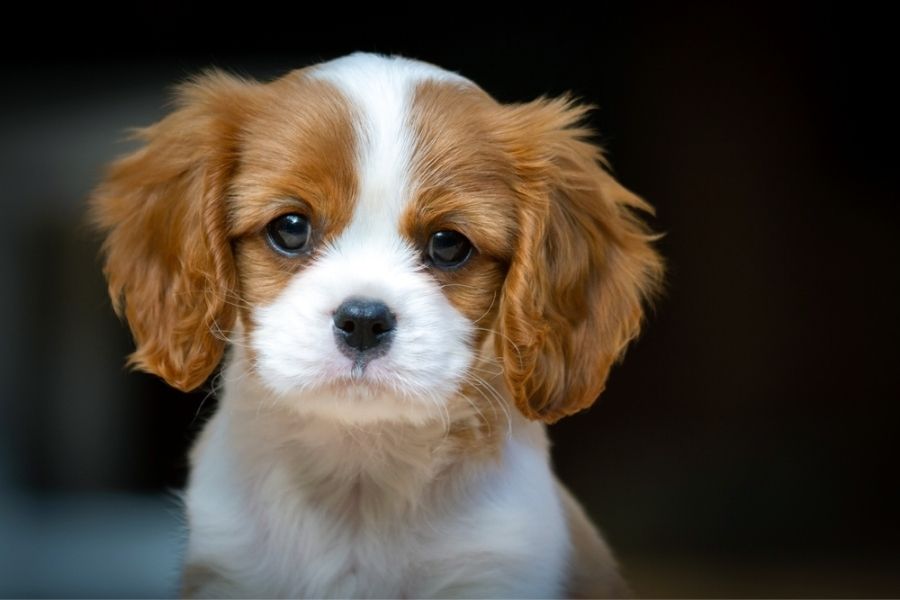
It is important to socialize your Cavalier early on, he needs to meet a lot of different people, animals, and environments. Between the ages of 3 and 14, your puppy is at an ideal age to begin exploring new things and making friends. These things could be:
- Introducing them to people of different ages, genders, and appearances
- Encountering other dogs and animals
- Experiencing different sounds, sights, and environments (urban areas, countryside, car rides, etc.)
Always ensure these encounters are positive, as negative experiences can lead to fear or anxiety later in life.
Training Methods
Training should be consistent and use positive reinforcement methods. Rewarding your Cavalier for good behavior with treats, praise, or play encourages them to repeat those behaviors. Some useful techniques include:
Crate Training: This provides a secure space for your Cavalier, helping them feel safe during times of stress. Crate training can be particularly beneficial for managing separation anxiety.
Obedience Training: Basic commands like ‘sit’, ‘stay’, ‘come’, and ‘leave it’ are essential. They not only provide mental stimulation but also establish your leadership, making your dog feel more secure.
Desensitization and Counter-conditioning
If your Cavalier is already showing signs of anxiety around certain triggers, desensitization can be helpful. Desensitization requires slowly exposing them to the trigger in a controlled way, starting at a low intensity and gradually raising it as they show no signs of stress.
Counter-conditioning is when you change how your dog feels about the trigger, usually by pairing it together with something they love.
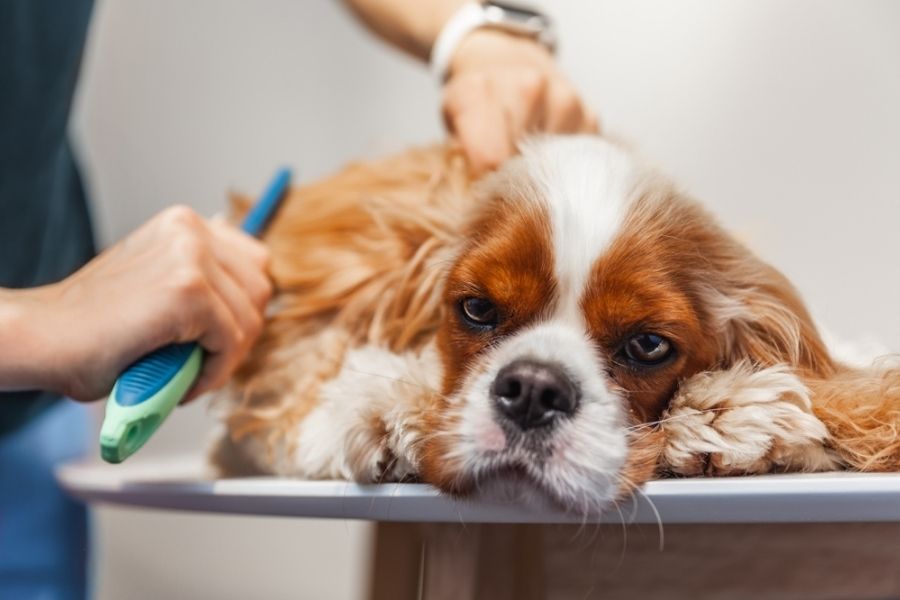
Exercise and Mental Stimulation
Regular physical exercise and mental stimulation can help reduce anxiety and nervousness. Ensure your Cavalier has access to suitable toys, puzzles, and daily walks or play sessions.
Conclusion
Remember, every dog is unique, and what works for one may not work for another. Always approach training and socialization in a patient and understanding manner. If your Cavalier shows signs of being too nervous or anxious, you might want to talk to a professional dog trainer or behaviorist for help.


